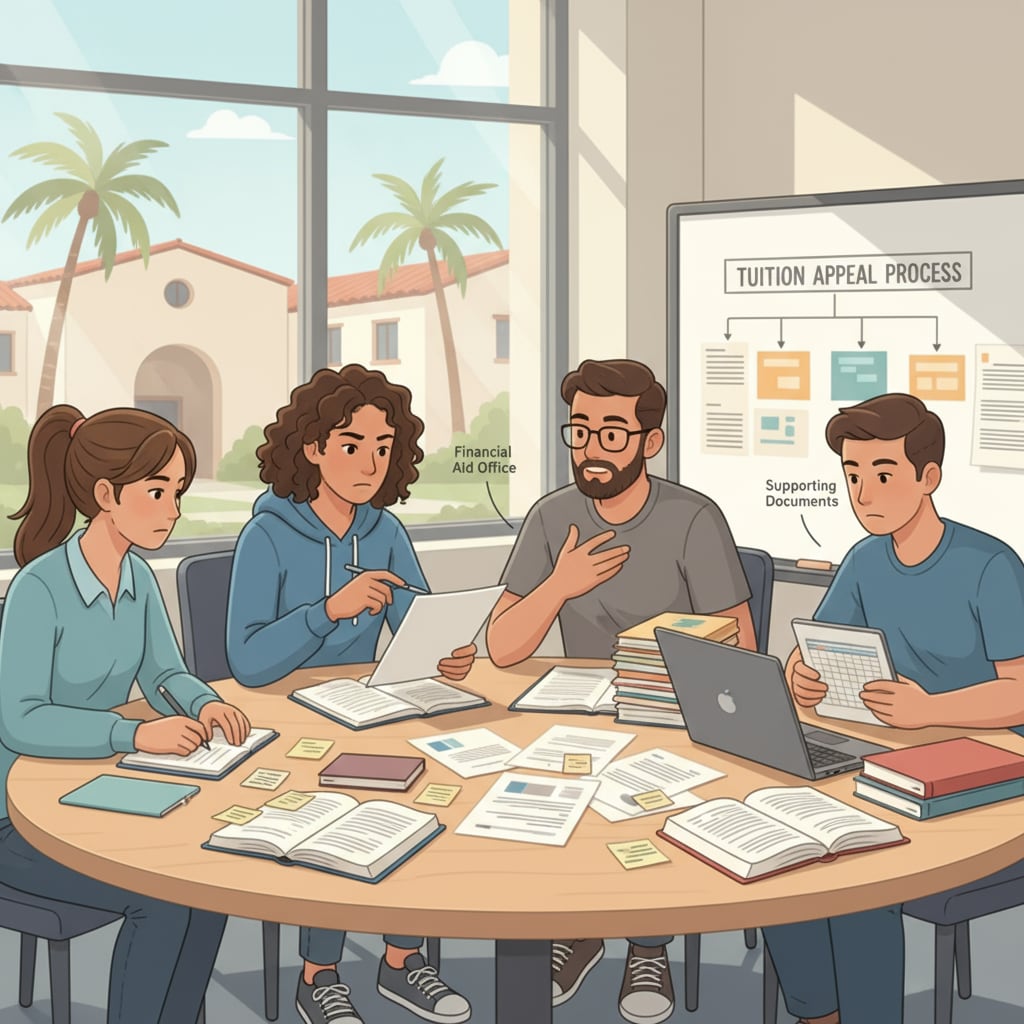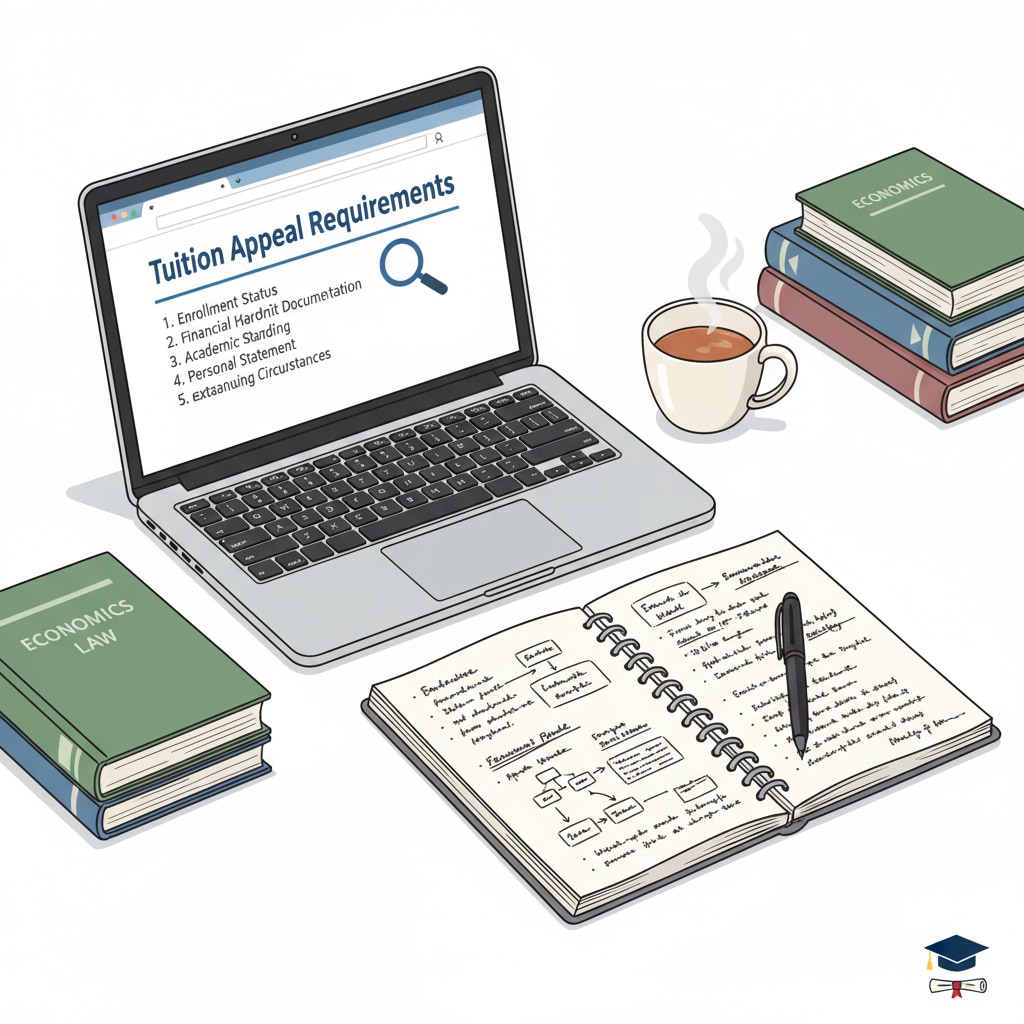Tuition appeal, resident status, and AB-540 form are crucial aspects for students aiming to attend California community colleges at a more affordable rate. For those who don’t fully meet the requirements of the AB-540 form, understanding the right strategies can make a significant difference.

Understanding the Basics of Tuition Appeal
Before starting the appeal process, it’s essential to grasp what tuition appeal is all about. Tuition appeal at California community colleges is a way for students to request reconsideration of their tuition status. If you believe you have valid reasons that justify being eligible for resident tuition, this is your chance to present your case. For example, you might have had circumstances that affected your ability to meet the initial requirements but have since changed. However, it’s not a straightforward process and requires careful planning.

The Significance of Resident Status
Resident status plays a vital role in determining the tuition you’ll pay. Students with resident status enjoy lower tuition rates compared to non-residents. This can result in substantial savings over the course of your education. Achieving resident status is often the goal for many students, and the AB-540 form is one of the key elements in this pursuit. As a result, understanding how to navigate the requirements related to resident status is crucial for your financial well-being during your college years.
Preparing for the Appeal
Preparation is the key to a successful tuition appeal. First, thoroughly review the AB-540 form requirements. Identify the areas where you fall short and gather evidence to support your claim. This could include documents such as proof of continuous residence in California, educational records, or any other relevant paperwork. In addition, start crafting a compelling personal statement that clearly explains your situation and why you deserve to be considered for resident tuition. California State University Residency Information can be a great resource during this stage.
Collecting the Right Materials
Collecting the appropriate materials is a crucial step. You may need to obtain official documents from various sources. For instance, school transcripts can show your educational history in California. Utility bills can serve as proof of your residence. Make sure all the materials are organized and clearly labeled. By presenting a well-prepared set of documents, you increase your chances of a favorable appeal decision. California Community College Residency Guidelines provides detailed information on what materials are required.
Writing an Effective Personal Statement
The personal statement is your opportunity to tell your story. Be honest, concise, and passionate. Explain the challenges you’ve faced and how they affected your initial eligibility. Highlight any positive changes or efforts you’ve made to meet the requirements. For example, if you’ve worked hard to establish a more stable residence in California, share those details. A well-written personal statement can make a strong impression on the appeal committee.
Readability guidance: Use short paragraphs and lists to summarize key points. Provide a list under each H2 whenever possible. Control the proportion of passive voice and long sentences. Incorporate transitional words like however, therefore, in addition, for example, as a result throughout the text.


